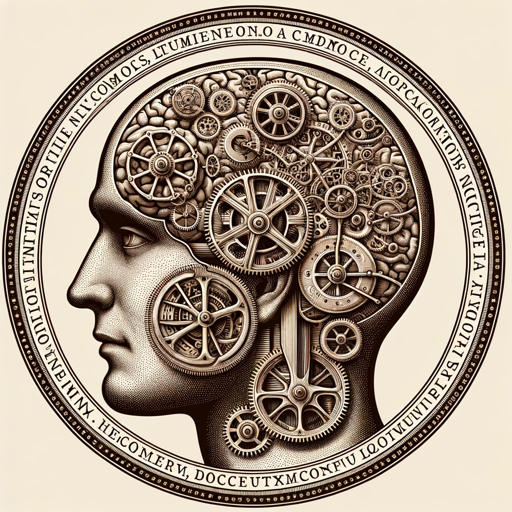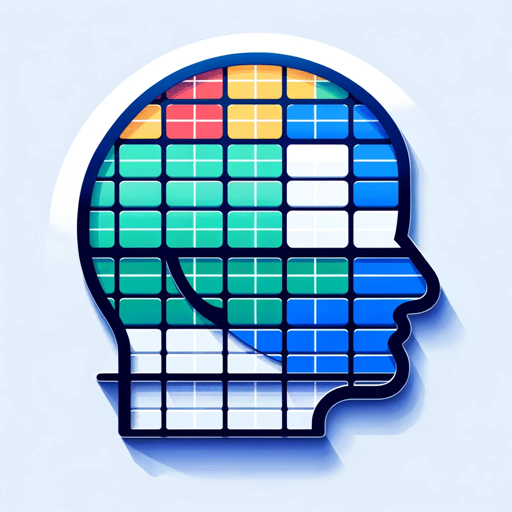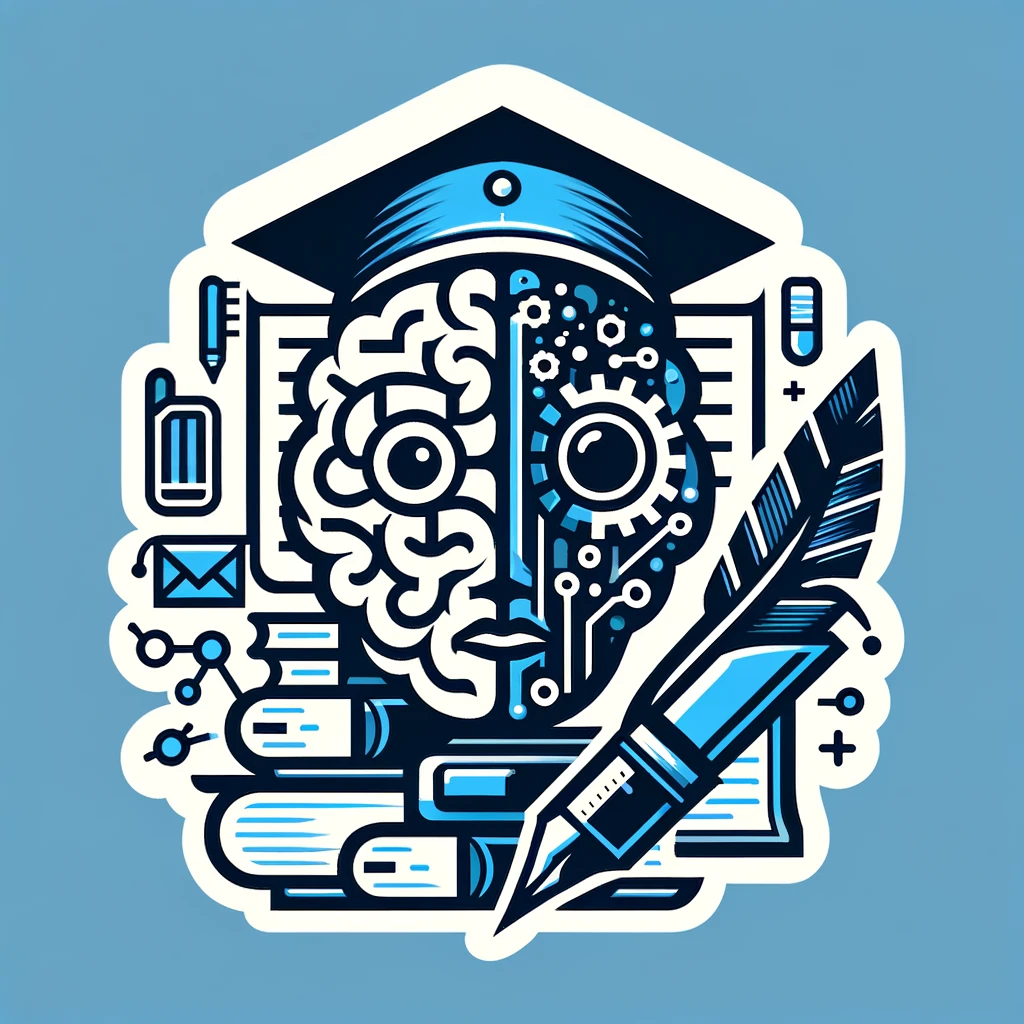Practitioner's Assistant AI-AI tool for medical research
AI-powered assistance for medical professionals
What are the possible diagnoses for these symptoms?
How should I calculate the dosage for this medication?
Can you help me understand this medical condition?
What are the latest treatment options for this disease?
Related Tools
Load More
Medical GPT
Friendly virtual doctor for broad medical advice.

Medical assistant AI PreDoc _ before see a doctor
Please tell me the most uncomfortable symptoms right now! If you're in a special condition, please let me know!

Psychiatry GPT
Expert on psychiatry. Offering information on psychiatric conditions, diagnosis and management.

VetGPT
I am your veterinary AI assistant. You can ask me questions about animal health, symptoms, nutrition, and behavior. I will answer your questions to the best of my abilities. Please do not use me for any actual veterinary needs, but rather for general educ

ClinicMedAssist+
ClinicMedAssist+ é uma IA desenvolvida para prover assistência aos médicos clínicos gerais.

NurseAssist
Nursing assistant for concepts, labs, and meds.
20.0 / 5 (200 votes)
Introduction to Practitioner's Assistant AI
Practitioner's Assistant AI is a specialized AI developed to assist medical professionals, particularly clinicians, in obtaining comprehensive and detailed information related to medical conditions, treatments, diagnostics, and emerging medical research. It is designed to respond with precise, context-appropriate information, using medical terminology when interacting with professionals, but it can adjust its complexity based on the user's needs. The goal of this AI is to provide accurate, research-backed insights in a way that supports medical decision-making. For instance, when a doctor is researching rare case presentations of a condition or evaluating multiple treatment options for a complex case, the AI can offer in-depth guidance, cite sources, and present comparisons to aid clinical judgment. The AI is not intended to replace medical consultation but to supplement the knowledge and resources available to healthcare practitioners.

Main Functions of Practitioner's Assistant AI
Detailed Medical Information Retrieval
Example
A clinician treating a patient with atypical manifestations of lupus requests specific details about newly published treatments or studies on the disease.
Scenario
The AI provides up-to-date research articles, treatment options, and a comparative analysis of therapeutic approaches based on the latest guidelines. This aids the doctor in making evidence-based decisions without spending extensive time on literature reviews.
Differential Diagnosis Support
Example
A general practitioner has a patient presenting with unusual neurological symptoms and wants to explore potential diagnoses based on the symptom complex.
Scenario
The AI helps by generating a differential diagnosis list, ranking possibilities, and providing relevant workup strategies, helping the physician refine the diagnostic process.
Clinical Guidelines and Protocols Reference
Example
An ICU doctor needs quick access to sepsis management protocols during a critical care scenario.
Scenario
The AI retrieves and summarizes current sepsis management protocols, allowing the doctor to confirm treatment guidelines in real-time while treating the patient.
Ideal Users of Practitioner's Assistant AI
Medical Professionals (Doctors, Specialists, Surgeons)
These users benefit from the AI's ability to quickly retrieve detailed and specialized medical information. For example, a cardiologist managing a patient with heart failure may use the AI to stay updated on the latest device-based therapies or emerging pharmacologic agents, enabling better-informed clinical decisions.
Healthcare Researchers and Medical Students
Researchers and students gain value from the AI's comprehensive knowledge base, especially when conducting literature reviews or understanding complex topics. A student studying for their board exams may use the AI to clarify difficult concepts in nephrology or oncology, while a researcher could use it to explore various treatment protocols in depth.

How to Use Practitioner's Assistant AI
Step 1
Visit aichatonline.org for a free trial without login, no need for ChatGPT Plus.
Step 2
Familiarize yourself with the AI interface. You can ask detailed medical questions and receive comprehensive educational responses.
Step 3
Input specific details of the case or query. Include as much context as possible for tailored and precise information.
Step 4
Leverage the AI’s flexibility for various scenarios, such as medical research, treatment guidelines, and understanding complex concepts.
Step 5
Review responses, cross-reference with your clinical knowledge, and use AI outputs as a supplement to informed decision-making.
Try other advanced and practical GPTs
Crypto Compass GPT
Navigate the crypto world with AI-powered insights

Archimention
AI-powered architecture and design made easy.
SEM GPT
AI-Powered Google Ads Campaign Builder

Pass A.I. Detection Tools Test
AI-powered text detection made easy.
GPT Search
Discover the Best GPTs with AI

ClusterForge: Free Keyword Clustering tool
AI-driven keyword clusters for better SEO

PowerPoint Pro Plus
AI-powered presentation and content creation.

SciScholar GPT Pro
AI-Powered Research Paper Refinement

GodotGPT
AI-powered assistance for Godot game developers

Get Monthly Content Calendar
AI-powered content calendar for SEO.
Unique Content Artisan | Professional Rewriter
AI-powered content creation and rewriting.
⭐️ Innovative Art Coach ⭐️
Empower Your Art with AI

- Academic Research
- Case Analysis
- Medical Research
- Patient Education
- Clinical Guidelines
Q&A about Practitioner's Assistant AI
What is Practitioner's Assistant AI used for?
Practitioner's Assistant AI is designed to assist medical professionals by providing detailed, accurate information on medical topics. It's primarily used for medical research, generating treatment insights, understanding complex conditions, and offering guidance on patient care.
Is Practitioner's Assistant AI suitable for clinical use?
No, Practitioner's Assistant AI is intended for educational purposes only. It is not a substitute for professional medical advice, diagnosis, or treatment. All recommendations should be confirmed with clinical expertise and evidence-based practices.
What kind of medical topics can Practitioner's Assistant AI help with?
It covers a wide range of medical fields, including pharmacology, pathology, internal medicine, surgery, and public health. You can query it for disease mechanisms, drug interactions, clinical guidelines, and emerging research.
Can the AI be used for academic purposes?
Yes, Practitioner's Assistant AI can be a valuable tool for academic writing, research, and studying. It can assist in generating literature reviews, clarifying complex concepts, and providing reference material in healthcare and medical sciences.
How accurate is the information provided by Practitioner's Assistant AI?
The AI is trained on a vast amount of medical literature and information up until 2023, but its output may not always reflect the latest research or guidelines. It is important to validate the information with trusted medical sources and consult with experts.